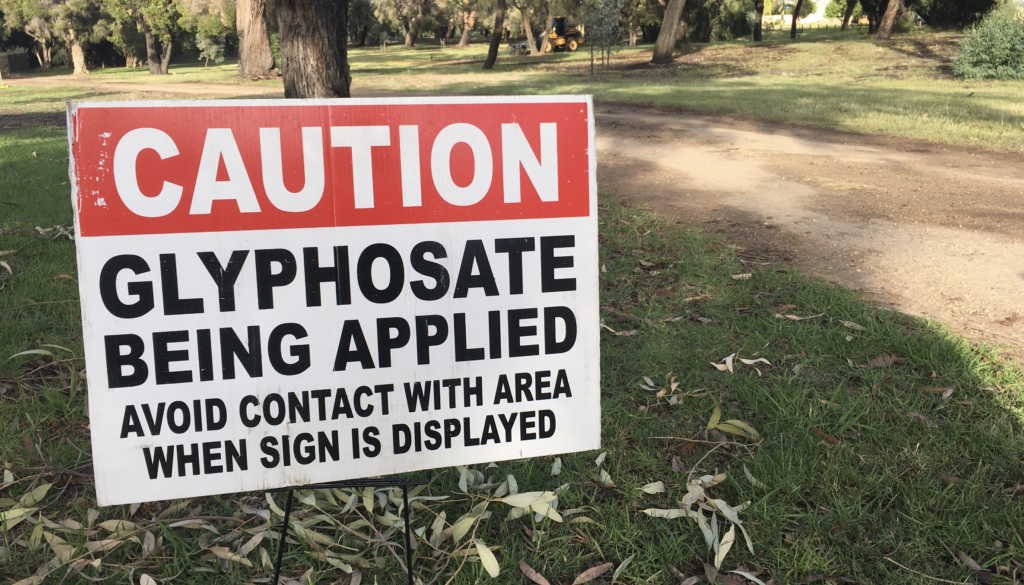US EPA to withdraw interim registration review decision for glyphosate
By Shannon Kelleher and Carey Gillam
US regulators on Friday said they would withdraw all remaining portions of the interim registration review decision for the weed killer glyphosate.
The move comes after the 9th U.S. Circuit Court of Appeals issued an opinion saying the Environmental Protection Agency (EPA) had violated the law in its assessment of glyphosate, which is the world’s most widely used weed killer and the active ingredient in Roundup and numerous other herbicide products.
The court found that EPA had ignored important studies in its human health safety assessment of the chemical and had also violated the Endangered Species Act. The EPA’s withdrawal comes before an October 1 deadline under which the agency was supposed to have completed its assessment. EPA had asked the court to extend its deadline but the court denied the request.
In its June 17 opinion, the 9th circuit said the agency’s 2020 assessment of glyphosate, the active ingredient in the herbicide Roundup, was flawed in many ways. The federal appeals court ruled that EPA failed to follow established guidelines for determining cancer risk, ignored important studies, and discounted expert advice from a scientific advisory panel. The EPA applied “inconsistent reasoning” in finding that the chemical does not pose “any reasonable risk to man or the environment,” the panel determined.
The court vacated the human health portion of the EPA’s glyphosate assessment and said the agency needed to apply “further consideration” to evidence. The 9th Circuit also said the agency violated the Endangered Species Act in its assessment.
“EPA’s underlying scientific findings regarding glyphosate, including its finding that glyphosate is not likely to be carcinogenic to humans, remain the same,” the EPA said in a statement announcing its withdrawal of the glyphosate decision. “In accordance with the court’s decision, the Agency intends to revisit and better explain its evaluation of the carcinogenic potential of glyphosate and to consider whether to do so for other aspects of its human health analysis.”
For the ecological portion of its review, EPA said it intends to consider what risk mitigation measures may be necessary based on the Endangered Species Act consultation for glyphosate and will prepare an analysis of how the weed killer affects monarch butterfly habitat.
EPA said that pesticide products containing glyphosate will not be affected by the withdrawal decision.
Monsanto owner Bayer AG has been seeking to put an end to thousands of lawsuits filed by U.S. Roundup users who developed non-Hodgkin lymphoma and allege their exposure to the weed killer is to blame for their cancers. Monsanto introduced glyphosate weed killers in 1974 and pushed the chemical to such widespread use that it is considered the world’s most widely used herbicide.
Bayer denies there is any cancer connection to glyphosate and Roundup, and has repeatedly cited the EPA’s assurances of glyphosate safety as a key part of its litigation defense. The company has also said that the backing of the EPA and similar support from other regulators in other countries is more valid than a 2015 assessment by the World Health Organization’s International Agency for Research on Cancer (IARC), which found that glyphosate was “probably” carcinogenic to humans.
The IARC finding was based on a review of years of independent, peer-reviewed, published scientific studies. The reviews by the EPA and other regulators focused more heavily on unpublished and non peer-reviewed studies submitted to regulators by Monsanto and other companies involved in making and selling the chemical.
Human health advocates have long been frustrated by what they see as EPA’s flagrant disregard for substantial evidence of a cancer risk, seen in human and animal studies. Internal Monsanto documents, obtained through Roundup litigation discovery and Freedom of Information Act requests, have demonstrated the company deployed multiple strategies to manipulate scientific literature and regulators, including the EPA.
Moreover, the internal corporate documents show Monsanto has long been aware of research showing a connection between the weed killer and cancer, but has sought to bury such research and/or attack and censor scientists who insist there is evidence of a cancer risk.
 EWG
EWG


